When a Toothache Causes Sinus Pain: Understanding Dental Sinusitis
Dental sinusitis often begins when an infection in your upper teeth or gums spreads into the maxillary sinuses. These sinuses sit very close to the roots of your upper molars. Even a minor dental issue can quickly turn into a sinus problem. You may feel persistent facial pressure, nasal congestion, and discomfort when biting or chewing. Some people experience headaches that worsen when bending forward. Early detection of dental sinusitis is vital for preventing serious complications..
Symptoms and Diagnosis
Swollen gums or sensitivity to hot and cold are common clues that point to an underlying oral infection. Sinus issues such as nasal congestion and facial tenderness also serve as warning signs. If these problems persist, a thorough examination helps pinpoint whether dental sinusitis is the cause. Diagnostic tools like X-rays and CT scans can reveal infections in the teeth and the extent of sinus inflammation.
Prevention and Treatment
Consistent oral hygiene is the best way to avoid sinus-related dental problems. Regular brushing, flossing, and dental check-ups help keep bacterial growth in check. In many cases, treatment involves root canal therapy to remove infected pulp. Sometimes, tooth extraction is necessary if the tooth is severely damaged. Antibiotic therapy also helps clear infections in the sinuses. Close collaboration with an ENT (ear, nose, and throat) specialist is often beneficial for complex cases. In certain situations, surgical intervention from the dental side may be required to resolve the infection and support tissue recovery.
At Gloss & Floss Dental Care, we offer comprehensive evaluations to identify the source of your sinus pain. Our team provides personalized solutions that target the infection and help prevent future complications. Prompt attention not only reduces discomfort but also safeguards your overall oral health.
By understanding how dental sinusitis arises, you can safeguard your overall well-being. Early recognition helps prevent complications and ensures a more comfortable recovery. Maintain a consistent oral care routine, and consult a dental professional if you suspect persistent tooth or sinus discomfort. This proactive approach will protect both your teeth and sinuses from further harm.






